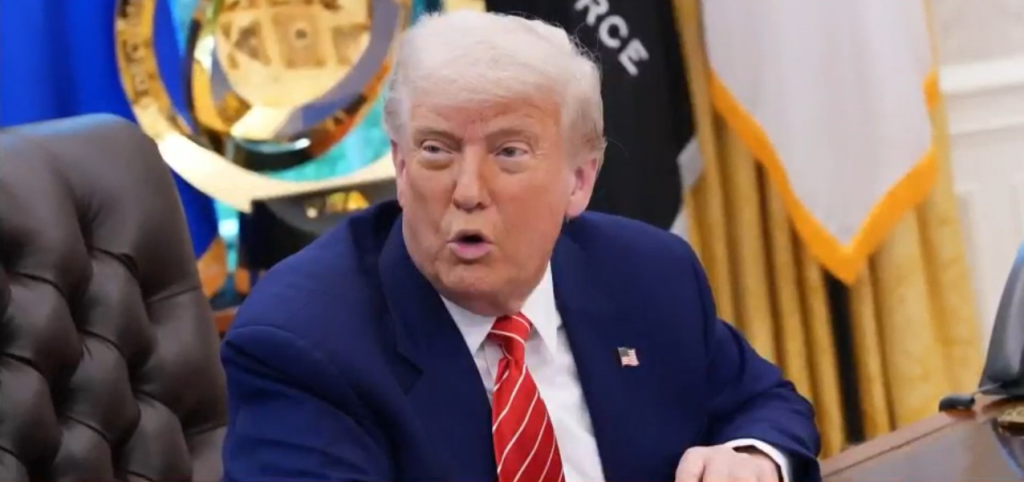Trump Rules Out Reconciliation with Musk
President Donald Trump said he has no plans to speak with Elon Musk, underscoring the deepening rift between the two once-close allies. Speaking aboard Air Force One, Trump stated he wasn’t “thinking about” the Tesla CEO but wished him success with Tesla. However, he also signalled a federal review of Musk’s extensive contracts, calling attention to the significant government funds involved.
A White House official, under anonymity, noted Trump may soon part with his red Tesla Model S, which he showcased on the White House lawn in March.
Meanwhile, Musk did not respond directly to Trump but continued his public criticism of the Republican tax and spending bill, which carries much of Trump’s domestic agenda. On X, formerly Twitter, Musk echoed others’ concerns that the legislation could damage the Republican party and increase the national debt, now at $36.2 trillion.
He supported a comment suggesting the bill would hurt Republicans and criticized Trump for taking personal jabs instead of addressing policy issues. Musk also advocated for the formation of a new political party to represent the moderate majority in the U.S.
Political Fallout and Financial Impacts
Sources close to Musk say his frustration is easing, and he may seek to mend ties with Trump. Still, their public clash on Thursday ended any illusion of a stable alliance.
Tesla stock rebounded slightly on Friday after suffering a 14% drop the day before, erasing $150 billion in value—the largest single-day loss in the company’s history.
Many of Musk’s high-profile allies have remained silent. However, investor James Fishback urged Musk to apologize, praising Trump’s patience and criticizing Musk’s conduct.
Trump had previously appointed Musk to lead a task force aimed at cutting government spending and reducing the federal workforce. Musk’s efforts trimmed less than 1% of total federal spending, far below his initial $2 trillion goal.
Musk has since condemned Trump’s bill as a “disgusting abomination,” creating complications for its progress through Congress, where Republicans hold a narrow majority. Though the bill passed in the House, it faces additional scrutiny in the Senate. Independent analysts estimate it will add $2.4 trillion in debt over a decade.
House Speaker Mike Johnson revealed he has been in contact with Musk and hopes the dispute ends soon. “I don’t argue with him about building rockets, and I wish he wouldn’t argue with me about crafting legislation,” Johnson said on CNBC.
Contract Threats and Backlash
Trump, initially silent during Musk’s campaign against the bill, expressed disappointment on Thursday and warned of possible termination of government contracts with Musk’s companies, including SpaceX and Starlink.
Musk responded by threatening to retire the SpaceX Dragon spacecraft—the only U.S. vehicle that sends astronauts to the ISS—but later retracted the statement.
The feud escalated after Trump withdrew his nomination of Musk ally Jared Isaacman to lead NASA. Sources claim White House personnel chief Sergio Gor influenced the decision by pointing out Isaacman’s Democratic donations. Tensions between Gor and Musk reportedly date back to March, when Musk criticized Gor’s hiring pace during a cabinet meeting.
While White House spokesperson Steven Cheung praised Gor’s work, he did not address the friction with Musk.
If the conflict continues, it could jeopardize Republican chances in the upcoming midterm elections, especially if Musk withholds financial support and other tech leaders follow suit. Musk has already vowed to reduce political donations and called for voters to reject politicians who “betrayed the American people.”
His visible ties to the Trump administration have triggered protests at Tesla facilities, lowered sales, and raised investor concerns that Musk’s focus is spread too thin.

